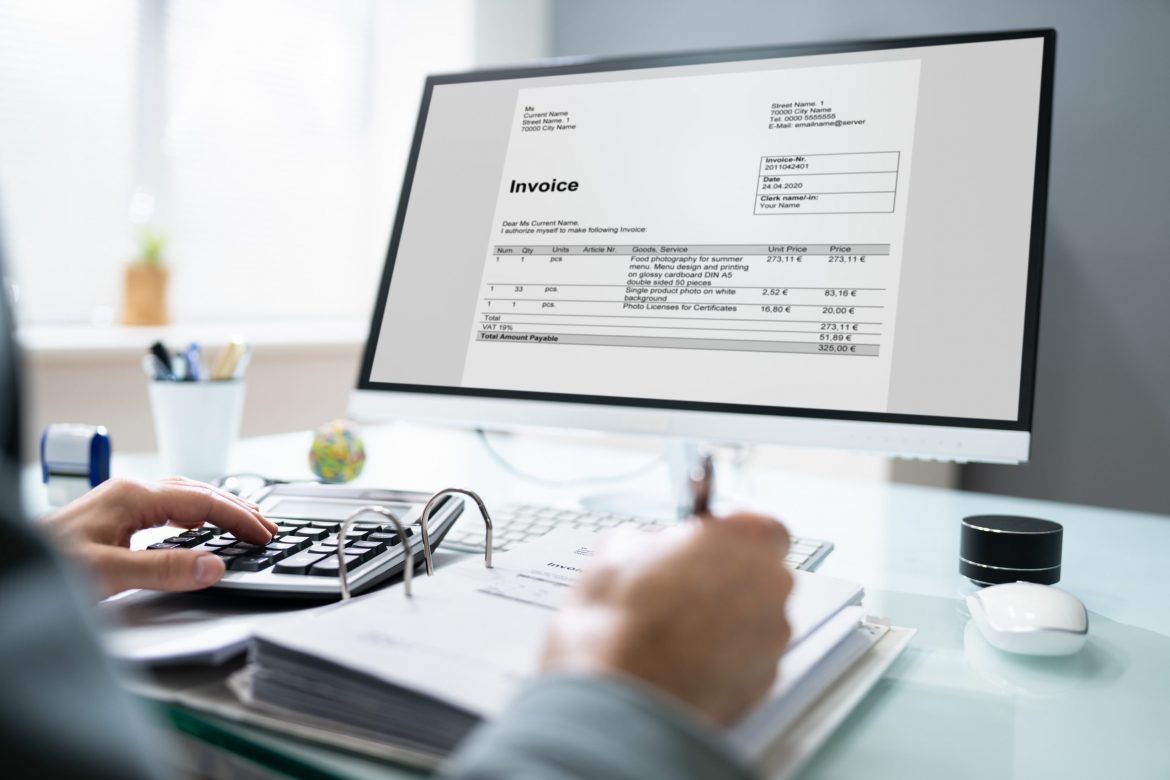Background:
For Japanese Consumption Tax-JCT (Value Added Tax-VAT), the Japanese tax authorities did not introduce invoice system contrary to what is done with VAT in many other countries. Invoice system is common in Europe and many other countries in the world, but it had not been previously introduced in Japan for various reasons until now.
The implementation of the Qualified Invoice System-QIS (in other words, “the Japanese type of invoice system”) will finally start as a tax control measure on October 1, 2023. This is significant change as the Japanese government tries to solve consumption tax leakage problems related to JCT exempt business entities.
JCT is levied on the supply of goods and services in Japan. The tax rate increased from 8% to 10% on October 1, 2019. At the same time, Japan introduced multiple rates, with a reduced tax rate of 8% applied to certain transactions (purchase of food and so on).
Currently, Japan doesn’t follow the common practice of including an applicable tax rate in the invoice to calculate consumption tax. Instead, the current system is based on transaction evidence and the company’s accounting books. The government believes this system causes systemic problems related to consumption tax leakage.
Qualified Invoice System:
Under the new system, only registered JCT business entities can issue qualified tax invoices, and on the buyer side of the transaction, business entities will only be eligible for input tax credit where a qualified invoice has been issued. In other words, QIS will require both parties to adapt their invoicing templates and processes to specify new information as well as the need to register with the relevant tax authorities. Therefore, many of the non-JCT business entities under the current system may have to make election to become JCT business entities by filing timely notifications to register themselves as invoice issuers. Otherwise, non-JCT business entities could be excluded from transactions in the market.
Under the current system, there may be no way for third parties to get to know whether their customers or vendors are JCT business entities or non-JCT business entities. However, under the new system, non-JCT business entities may not be able to hide their status.
Having said the above, in some cases, such as those involving start-up companies, they may choose to remain non-JCT business entities because they do not yet have many transactions with outside parties, and so they may not need JCT business entities status yet. QCIC will support our clients according to their situations and actual needs.
With the introduction of QIS, JCT business entities as invoice issuers will be required to determine their policies toward non-JCT registered business entities as follows:
- No action
- Decline future purchases from unregistered business entities (no invoice)
- Negotiation with unregistered business entities.
Exceptions and other related challenges:
Under QIS, basically, only expenses with invoices are deductible in the calculation of consumption tax. But there are some exceptions as below:
- Assumed consumption tax credit under simplified consumption tax calculation system 【Kan-i Kazei system】[1]
- Specific JCT taxable purchase (reverse charge)[2]
- Small amount of travel expenses (train, bus, ship. Excluding airplane) or purchases from vending machines (under 29,999 for each payment)
- Some other exceptional cases other than the above
As an example, let’s say that officers or employees of a company pay business expenses by credit card and then try to get reimbursed only with credit card statements as payment proof documents. This case is not allowed as an exception in the above list. Officers or employees have to keep invoices for payments. This is also a requirement from the revision of electronic booking storage law. Therefore, Invoice issuers (registered JCT business entities) should revise their internal expense reimbursement rules accordingly.
Preparing for the Qualified Invoice System
In order to issue qualified invoices, JCT taxpayers must register with Japan’s National Tax Agency (“NTA”). It will be possible to apply for registration from now (July 2022) until March 31, 2023, which is six months in advance of the implementation date of QIS. Non-registered JCT taxpayers or JCT exempt business entities are not allowed to issue qualified invoices. If they intentionally issue false invoices, they will be severely punished (a criminal offense). Registered JCT taxpayers may issue electronic invoices instead of paper-based invoices provided that certain conditions are met.
Next Steps:
The introduction of QIS will affect both Japanese and foreign companies that engage in JCT taxable transactions in Japan. To ensure proper tax calculations and input tax credits, taxpayers must make sure they understand the requirements and update or adjust their accounting and bookkeeping systems to comply with the new requirements in advance of the implementation of QIS in October 2023. In some cases, accounting software updates may be required. Please see the link below for additional information and details required to be stated on a qualified invoice: https://www.nta.go.jp/english/taxes/consumption_tax/pdf/2021/general_17.pdf
Based on an understanding of QIS, sellers or buyers need to recognize what are required for the preparation.
Sellers need to:
- Arrange documents of their transactions that could be approved as qualified invoices such as bills, statements of delivery, receipts, etc.
- Consider the method of delivering qualified invoices, such as e-invoices.
- Customize or purchase internal systems, such as that of accounting or order settlement, as needed.
- Co-recognize ①registered number as qualified invoice issuer and ②qualified invoice format and delivering method of qualified invoices with regular customers.
Buyers need to:
- Customize or purchase internal systems such as that of accounting or order settlement, as needed.
- Check whether regular vendors are registered invoice issuers (they are disclosed on the National Tax Agency’s website).
- Co-recognize qualified invoice format or the method of receiving qualified invoices with regular vendors.
- Have internal seminars to learn about invoice systems.
QCIC’s goal is to support our clients as much as possible with information that would help them make the right decisions based on their specific situations. We will be contacting you again in the coming weeks and months to provide specific guidance. In the meantime, please feel free to contact us if you have any questions.
[1] Regarding the simplified method, there will be no change of consumption tax law after October 1, 2023.
[2] Regarding the reverse charge method, as stipulated under the current consumption tax law, bookkeeping record could become alternative for invoice (Consumption tax law 30-1, 30-7 (no difference between the current law and the law applicable after October 1, 2023)).




